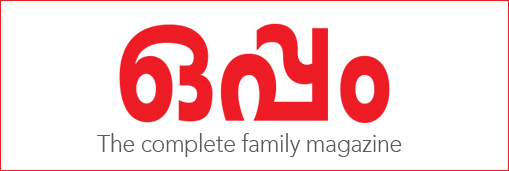Life is the span between birth and death. The journey through various stages of this span is what we call experiences. That’s why someone once defined life as the sum of our experiences. At the moment we were born, countless others were also being born in different parts of the world. Likewise, when we die, countless others will be passing away simultaneously. We do not know who is being born or who is dying. Throughout our lives, we only become familiar with a limited number of people-those in our immediate surroundings and a few others we meet over the years. But there are infinitely more people beyond our awareness.
We only know what we see, what we read, and what stays in our memory. But the amount of knowledge that exists in the world, beyond what we perceive, is vast and incomprehensible. Our intellect has limits. Our understanding is finite.
Life is a phenomenon that always moves forward in accordance with human structuring. Laws and traditions established by unknown predecessors have been carried forward by successive generations. Life, as we know it, is a series of arrangements made by humans for their comfort and convenience. Time, calendars, daily routines, jobs, politics, literature, family life, and art-all these are human-made constructs.
When did the tradition of marriage begin?
When did office jobs become a norm?
Politics was created for governance and power. Arts were created for entertainment. Laws were enforced for safety. Punishments were established to maintain social order. Merit became the standard to eliminate corruption and favoritism. Time-bound discipline was introduced to bring efficiency. Birth certificates were made to prove birth, and death certificates to confirm death.
Despite knowing that he comes empty-handed and will leave empty-handed, man works and accumulates wealth throughout his life. The irony is that much of this wealth is not for himself but for future generations.
On the other hand, birds and animals live, enjoy, eat, and die just like humans, but they do not confine themselves to such structured systems. They do not own mansions, bank accounts, or jobs. They do not write stories or poetry. Their lives remain simple, untouched by the complexities that humans create.
It is human intellect-the brain-that gives us the illusion of ‘living.’ Have you ever observed people who have lost their memory or those who never developed intellectual abilities? Do they ever feel disturbed by anything? It is our intelligence that creates the sensation of existence. Without it, life loses its meaning.


